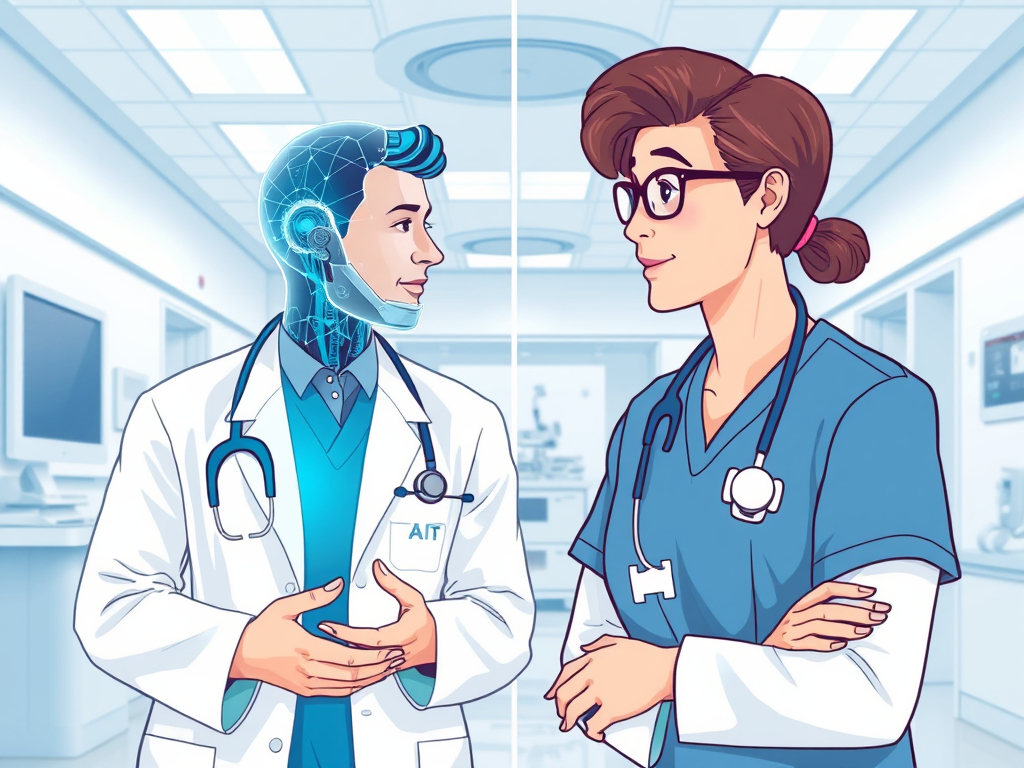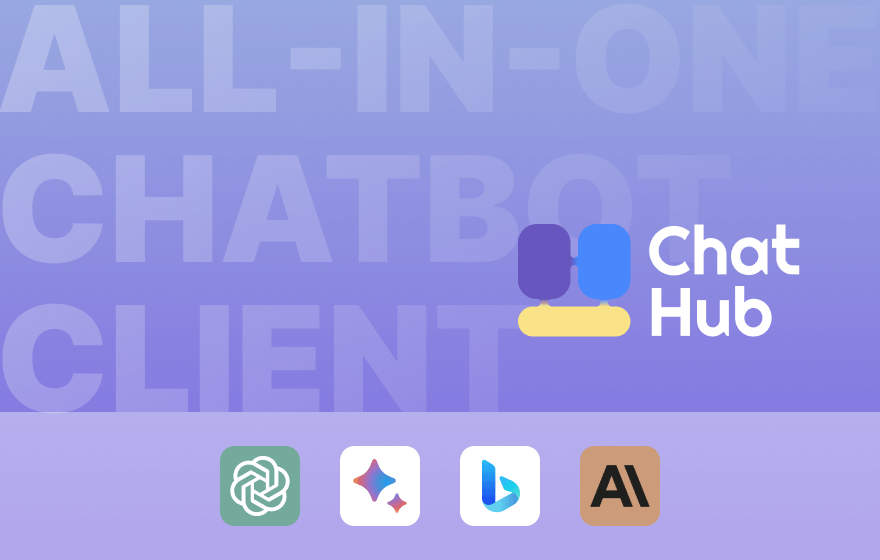7 Shocking Ways AI Is Transforming Hospital Language Interpretation

In today’s fast-evolving world of technology, artificial intelligence (AI) is making waves in nearly every industry, including healthcare. One area where AI is having a profound impact is hospital language interpretation. With the growing demand for multilingual communication in healthcare settings, AI-powered tools are stepping in to bridge language gaps. But this raises a critical question: Will AI replace hospital language interpreters?
In this blog, we’ll explore 7 shocking ways AI is transforming hospital language interpretation and discuss whether human interpreters are at risk of being replaced. Let’s dive in.
Part 1: 7 Reasons Why AI Will Replace Hospital Language Translators
Speed and Efficiency
AI-powered translation tools can process and translate languages in real time, significantly reducing wait times for patients and healthcare providers. This speed is crucial in emergency situations where every second counts.
Cost-Effectiveness
Hiring human interpreters can be expensive, especially for smaller healthcare facilities. AI tools offer a more affordable alternative, allowing hospitals to allocate resources to other critical areas of patient care.
24/7 Availability
AI systems are available around the clock, providing immediate assistance to patients regardless of the time of day. This constant availability ensures that language barriers do not hinder access to care.
Scalability
AI translation tools can easily scale to accommodate an increasing number of languages and dialects, making them ideal for hospitals with diverse patient populations. This adaptability is challenging for human interpreters, who may have limitations in language proficiency.
Integration with Electronic Health Records (EHR)
AI can seamlessly integrate with EHR systems, allowing for real-time updates and translations during patient interactions. This integration enhances the accuracy of medical records and improves overall patient care.
Consistency in Translation
AI tools provide consistent translations, reducing the risk of human error or misinterpretation. This consistency is particularly important in medical settings where precise language is critical.
Training and Learning
AI systems can continuously learn and improve from interactions, becoming more adept at understanding medical terminology and context over time. This capability allows AI to adapt to the specific needs of a hospital's patient population.
Part 2: Understanding the Limitations of AI in Hospital Language Translation
While AI offers numerous advantages, it is essential to recognize its limitations in the context of hospital language interpretation. Here are some key challenges:
- Cultural Nuance
AI often struggles to grasp cultural context, which is vital in healthcare communication. Human interpreters can navigate cultural sensitivities and provide context that AI may overlook. - Emotional Intelligence
Healthcare interactions often involve sensitive topics that require empathy and understanding. Human interpreters excel in providing emotional support, something AI cannot replicate. - Complex Medical Terminology
Although AI is improving in translating medical language, it still faces challenges with complex terminology and jargon. Misinterpretations in medical contexts can have serious consequences. - Accents and Dialects
AI systems may have difficulty accurately interpreting various accents and dialects, leading to potential misunderstandings. Human interpreters are better equipped to handle these variations. - High-Stakes Situations
In critical medical scenarios, even minor errors in translation can have life-threatening implications. Human interpreters are essential in these situations to ensure accurate communication. - Dependence on Technology
Reliance on AI tools can lead to vulnerabilities, such as system failures or technical glitches. Human interpreters provide a reliable backup in case of technological issues. - Ethical Considerations
The use of AI in healthcare raises ethical questions regarding patient privacy and data security. Human interpreters can navigate these concerns more effectively, ensuring that patient confidentiality is maintained.
Part 3: Discover ChatHub for Enhanced Communication
In the quest for effective communication in healthcare, tools like ChatHub are emerging as valuable resources. ChatHub is an AI-powered platform designed to facilitate multilingual communication in real-time, making it an excellent option for hospitals looking to enhance their language interpretation capabilities.

Key Features of ChatHub:
- User-Friendly Interface: ChatHub offers an intuitive interface that allows healthcare providers to communicate effortlessly with patients in their preferred language.
- Real-Time Translation: The platform provides instant translations, ensuring that language barriers do not impede patient care.
- Mutilple Language Models Provided: ChatHub offers various language models in one place, including ChatGPT-4o, Gemini 2.0, DeepSeek-V3 and more. It supports you to chat and compare, then choose the best one for your needs.
- Data Security: ChatHub prioritizes patient privacy and data security, ensuring that sensitive information remains confidential.
By leveraging tools like ChatHub, hospitals can enhance their language interpretation services while still recognizing the irreplaceable value of human interpreters in complex and sensitive situations.
Conclusion: Will AI Replace Hospital Language Interpreters?
As we explore the transformative impact of AI on hospital language interpretation, it becomes clear that while AI offers significant advantages, it is not a complete replacement for human interpreters. Here are the key takeaways:
- AI Enhances Efficiency: AI tools can improve speed, cost-effectiveness, and scalability in language translation, making them valuable assets in healthcare.
- Human Touch is Essential: The cultural nuance, emotional intelligence, and contextual understanding that human interpreters provide are irreplaceable, especially in high-stakes medical situations.
- Hybrid Models are the Future: The most effective approach may be a hybrid model that combines the strengths of AI with the expertise of human interpreters, ensuring that patients receive the best possible care.
In conclusion, while AI is revolutionizing hospital language interpretation, the role of human interpreters remains vital. By embracing technology while valuing human expertise, healthcare providers can navigate the complexities of communication in a diverse world.






